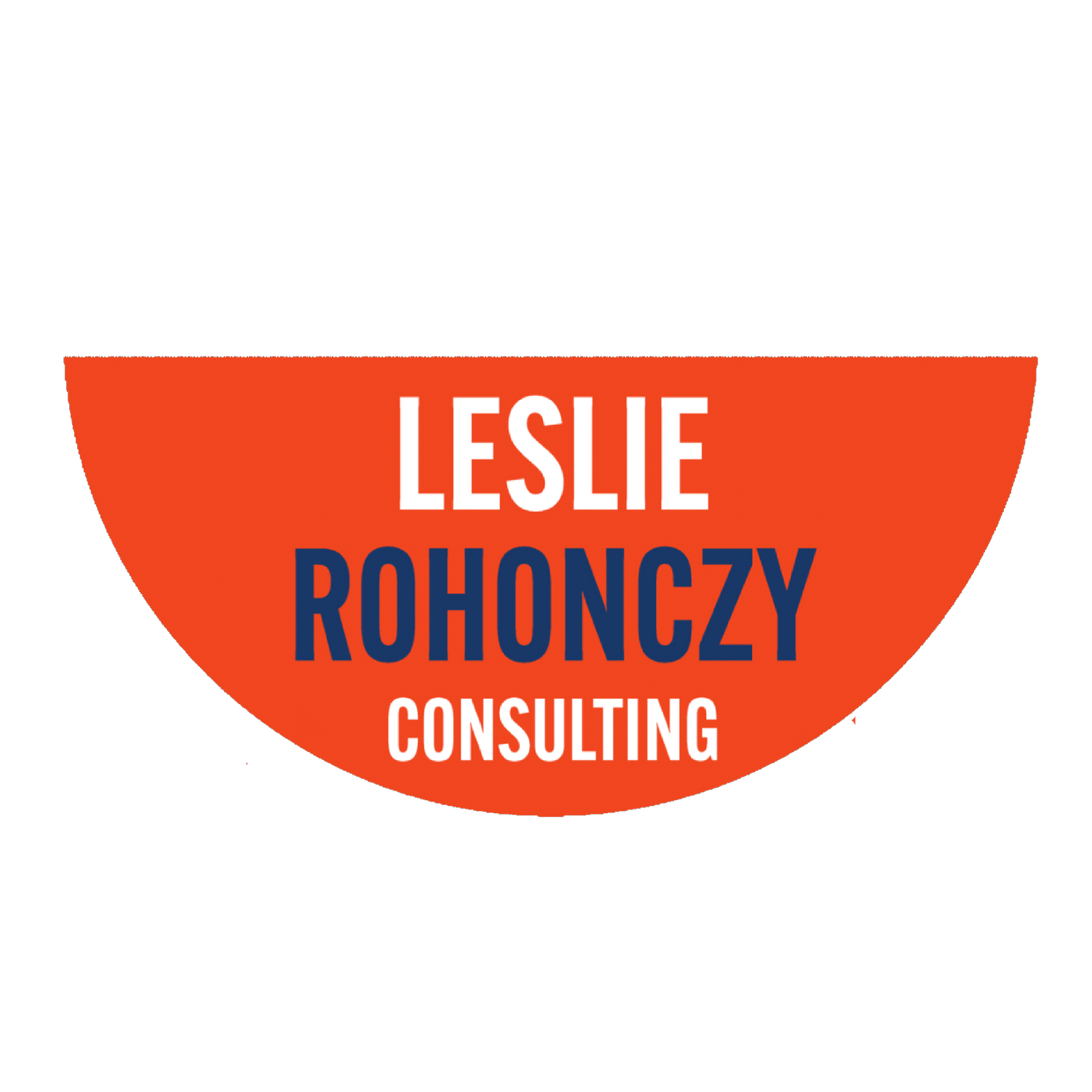BUILDING YOUR CAREER PATH
by Leslie Rohonczy, Executive Coach, IMC, PCC | ©2023 | www.leslierohonczy.com
Taking ownership of our career means setting a clear vision, unpacking our true motivation for that vision, developing a plan that we can work daily, periodically looking at progress against our goals and adjusting, staying resilient and committed, and seeking support and advice from trusted mentors who are further along the path that we want to travel.
There’s a famous quote from Albert Einstein that says, “Strive not to be a success, but rather to be of value.” I like this quote because it speaks to the mindset shift that is required away from the self-orientation of “What can I get for myself” (more money, better perks, fancy title, etc.) to thinking about the value that we can bring to the organization that will pay our salary. Our motivation in seeking career development is the key that either can unlock our success or keep us locked in our current holding patterns.
If you’re looking to find more motivation or inspiration for your career development, think about why you wanted your current job in the first place. What attracted you most to it? What are you losing out on if you stay in this role? You might also experiment with setting some new goals and looking at what potential benefits they may bring you. As you ideate, try to stay positive, without allowing any “yabut” thinking in to stink up your vision (“yeah, but…I’m not good at public speaking”, “yeah, but…it’ll take too long to figure out”, “yeah, but…I tried something similar ten years ago and failed.”)
As James Clear said in his best-selling book Atomic Habits, “you do not rise to the level of your goals; you fall to the level of your systems.” In the career context, our goal is the desired outcome, and the system is the collection of actions and daily habits we use to make it happen. Here are a few ideas to get you started.
DREAM IT: picture yourself in this ideal future state: how will you behave, talk, dress, sit? What kinds of things will you be doing every day? What people or systems will you interact with? What personal values will guide you through your day?
LOOK BACK: what kind of work did you find most satisfying and why? What past experiences or training do you consider to be strengths? What kind of work made you unhappy in the past? Who has been helpful to you and how?
LOOK NOW: what value, impact, experience, or skills do you offer? What gives you the most satisfaction in your current role? What would you like more of, or less of, in your role?
LOOK AHEAD: What do you hope to learn? What is in your way of attaining this future state? How will you navigate the barriers in your way? What is already in place to help you?
NAME YOUR GOAL: say it out loud. Write it down. Get used to letting it roll off your tongue. Tell others.
SCALE YOUR GOAL: big dreams are great, but don’t forget to set realistic sub-goals to help you get there.
LEVERAGE YOUR NETWORK: ask a friend, your leader, or another colleague to introduce you to people who can help you move closer to your career goal. Find a mentor. Hire a coach.
EXPLORE MULTIPLE CHANNELS: there are many ways to connect with others. Book a career discussion with your Human Resources advisor. Send your resume and cover letter to a recruiter in a target organization. Be brave and leverage unplanned opportunities, like bumping into someone at the coffee shop, or asking a peer for feedback after your presentation.
MAKE IT A HABIT: how will you hold yourself accountable for taking small steps every day toward your ideal career? How will you reward yourself for this consistent effort? How could you be even bolder?
TRACK YOUR PROGRESS: what criteria or measurable milestones will you use to know you’re moving in the right direction? What adjustments do you need to make? What will you most need to hear when the going gets tough?
Leslie Rohonczy is a certified Integral Master Coach™ who brings more than 30 years of business & leadership experience to her coaching practice. Leslie is also a talented composer, recording artist, and vocal & performance coach. Leslie’s coaching informs her music, and her coaching-inspired music helps to enrich her coaching program design. Leslie has released seven original albums containing coaching-inspired music and lyrics, that are featured in Leslie’s book, Coaching Life: Navigating Life’s Most Common Coaching Topics, available on https://www.amazon.ca/dp/B0BXN7F5TZ

